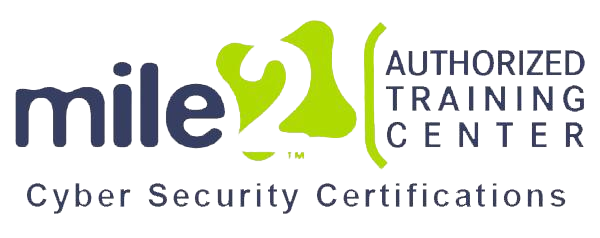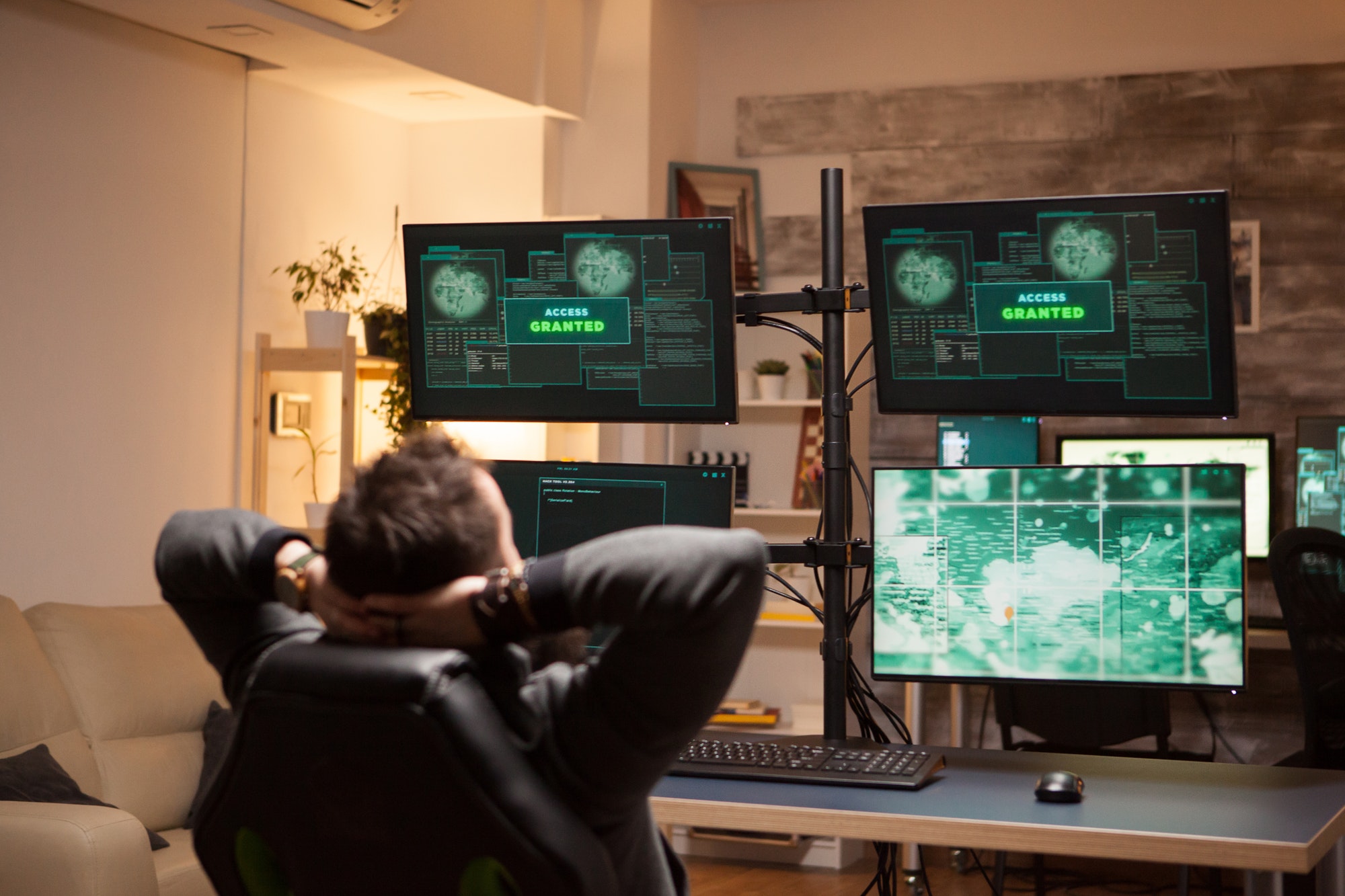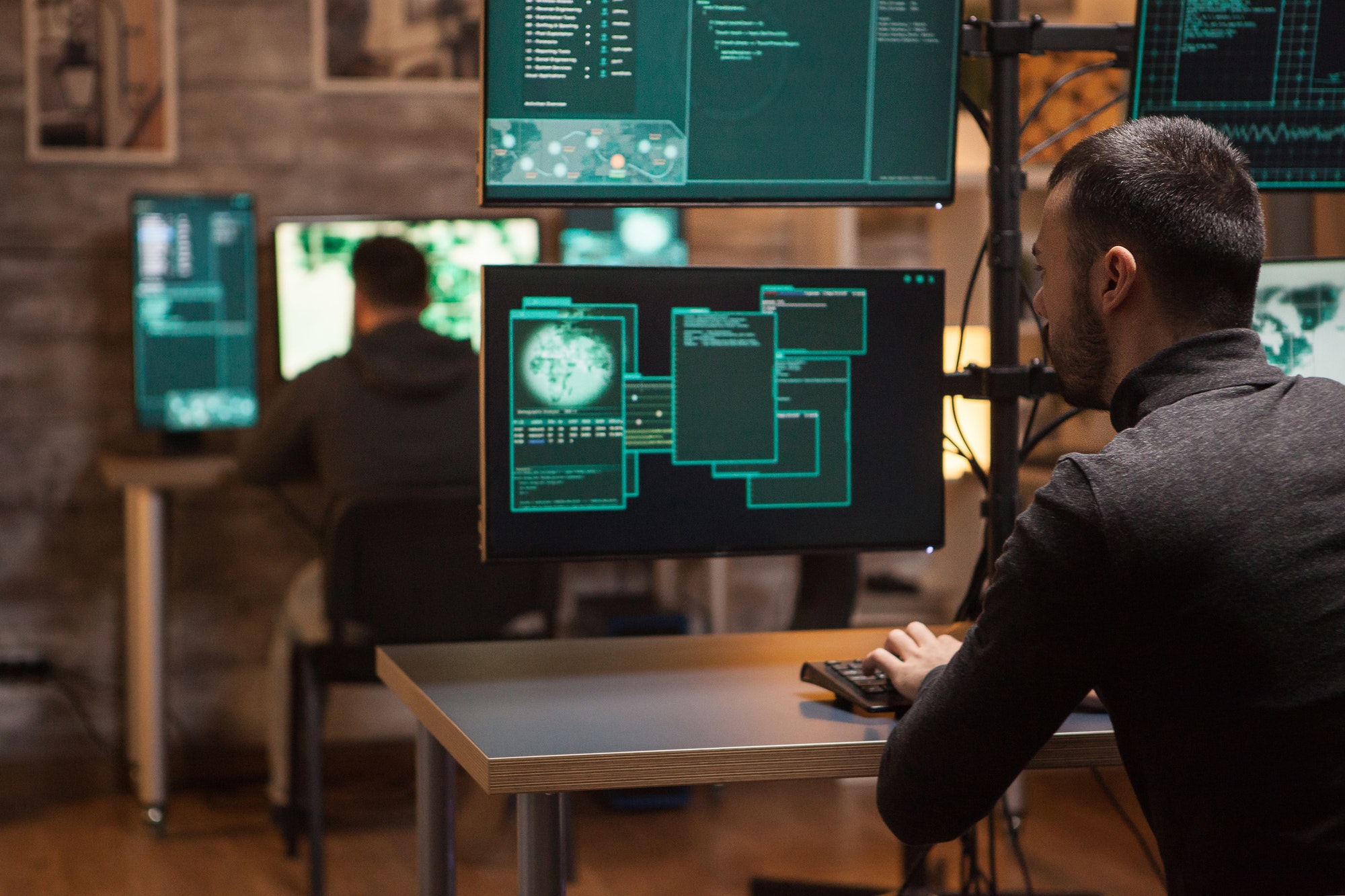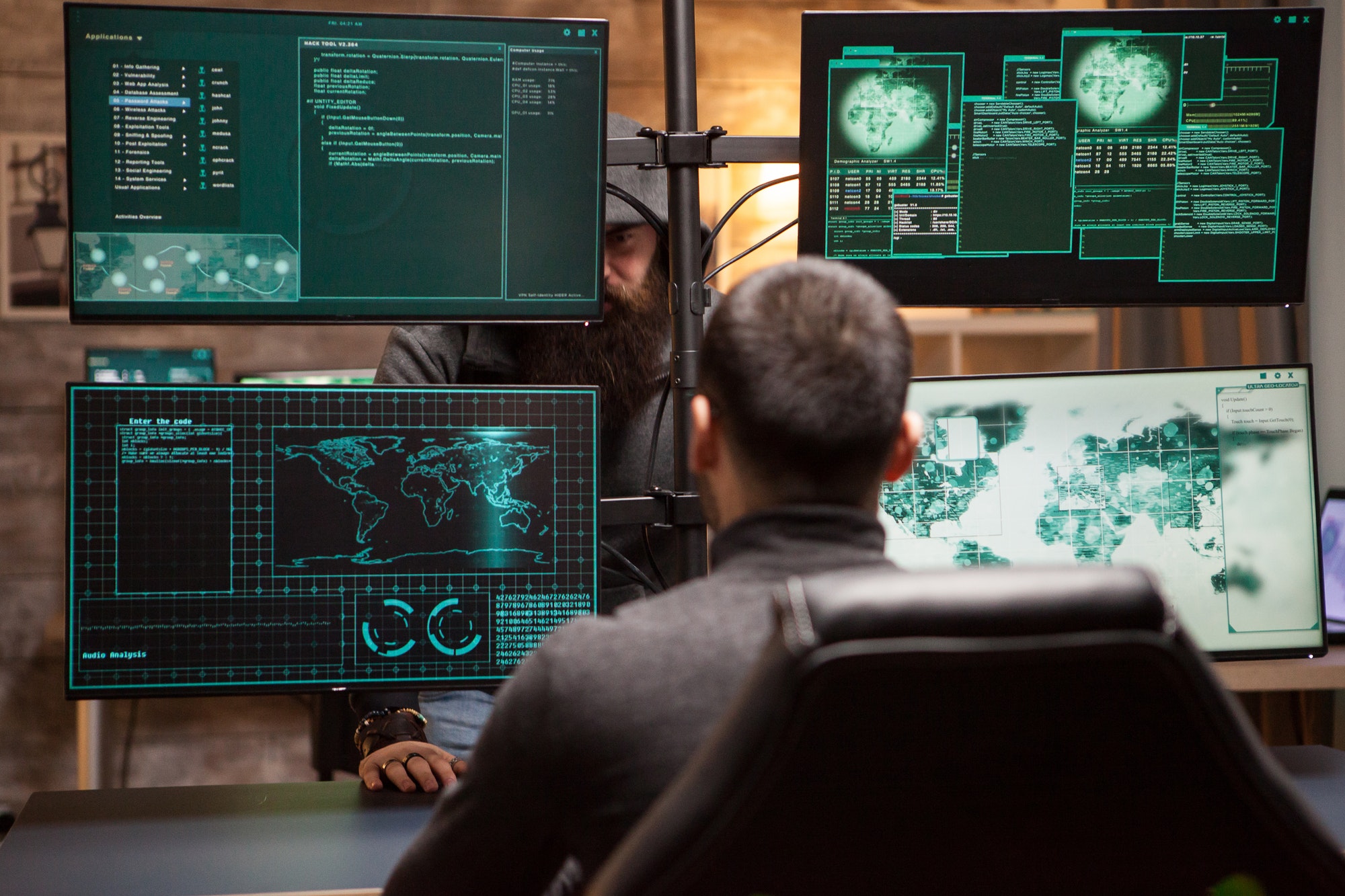Cyber Crimes & The Jurisdiction
Crime is a social and economic problem that has a negative effect on every member of society. Due to the Internet’s rapid development and the digitization of economic activity in developing nations, cybercrime has increased significantly. This article addresses the Information Technology Act of 2000 and the Information Technology Amendment Act of 2008 with a focus on banking and financial activities. The Model Law on Electronic Commerce was accepted by UNCITRAL, the United Nations Commission on International Trade Law, in 1996. The Amendment Act of 2008, the first law in the country to deal with technology, computers, e-commerce, and e-communication, was the subject of extensive debate and criticism, with one branch of the industry criticizing some sections as being overly strict and the other claiming that it is too diluted and lenient.
The ITAA was presented to Parliament and passed without much discussion. It focused on data privacy, information security, cyber cafés, making digital signature technology neutral, reasonable security practices to be followed by corporate, redefining the role of intermediaries, recognizing the role of Indian Computer Emergency Response Team, including child pornography and cyber terrorism, and authorizing an Inspector to investigate cyber offence. Crime is a social and economic problem that has a negative effect on every member of society. Due to the Internet’s rapid development and the digitization of economic activity in developing nations, cybercrime has increased significantly. This article addresses the Information Technology Act of 2000 and the Information Technology Amendment Act of 2008 with a focus on banking and financial activities. The Model Law on Electronic Commerce was accepted by UNCITRAL, the United Nations Commission on International Trade Law, in 1996.
The Amendment Act of 2008, the first law in the country to deal with technology, computers, e-commerce, and e-communication, was the subject of extensive debate and criticism, with one branch of the industry criticizing some sections as being overly strict and the other claiming that it is too diluted and lenient. The ITAA was presented to Parliament and passed without much discussion. It focused on data privacy, information security, cyber cafés, making digital signature technology neutral, reasonable security practices to be followed by corporate, redefining the role of intermediaries, recognizing the role of Indian Computer Emergency Response Team, including child pornography and cyber terrorism, and authorizing an Inspector to investigate cyber offence.

